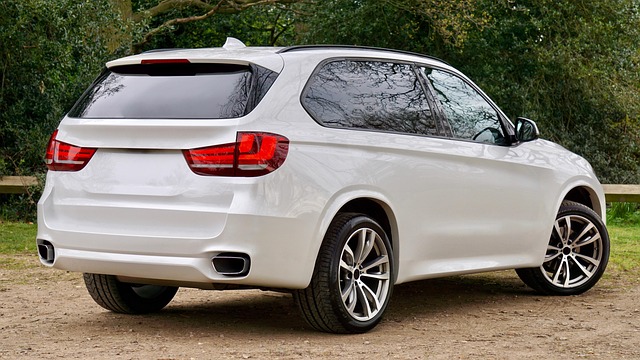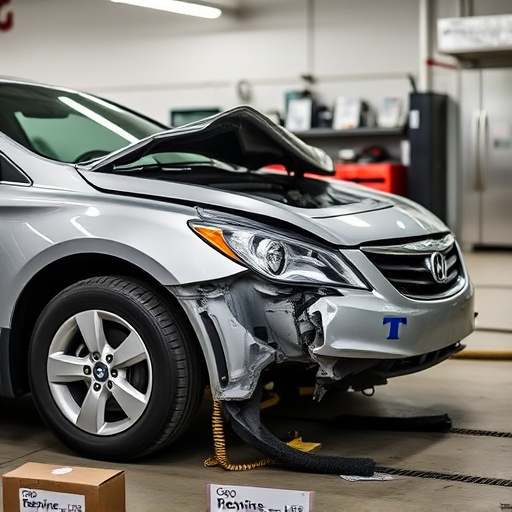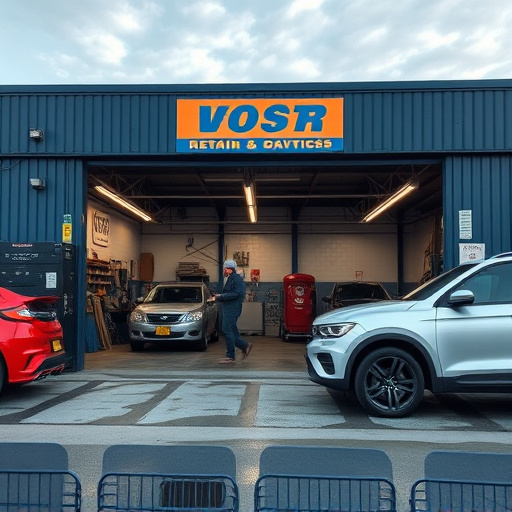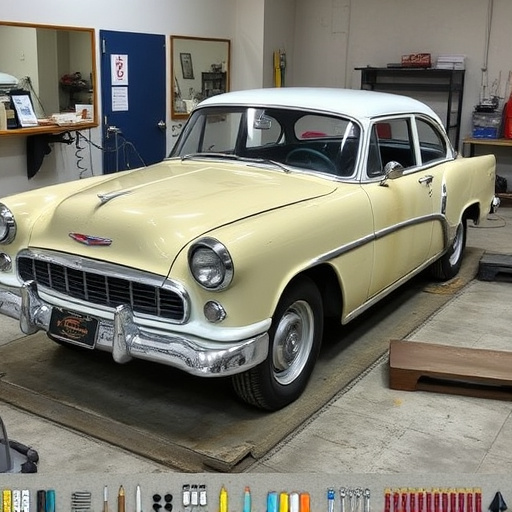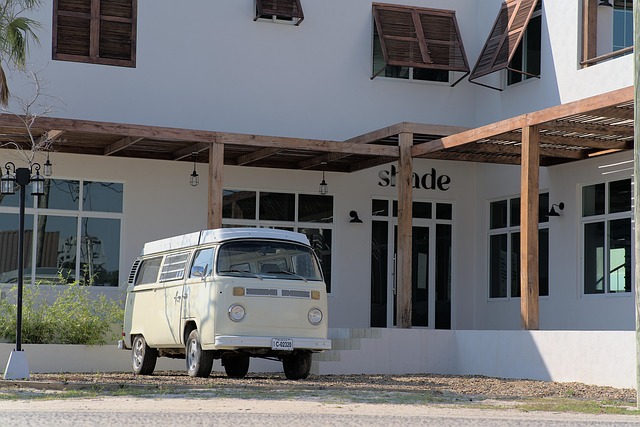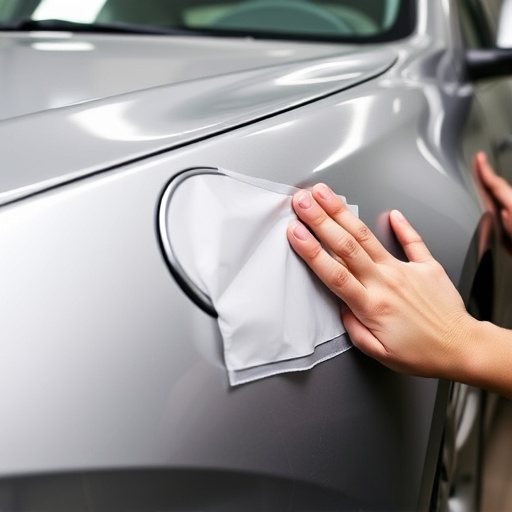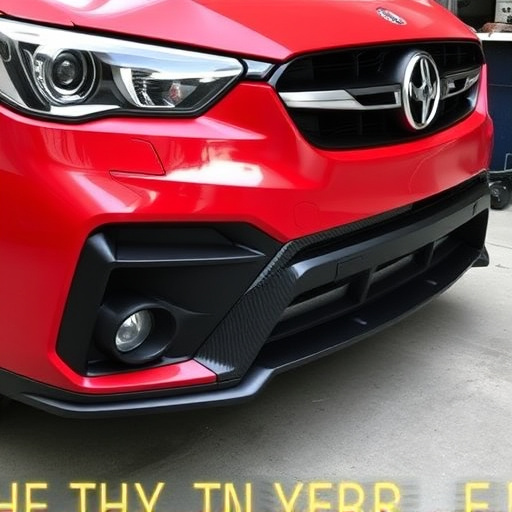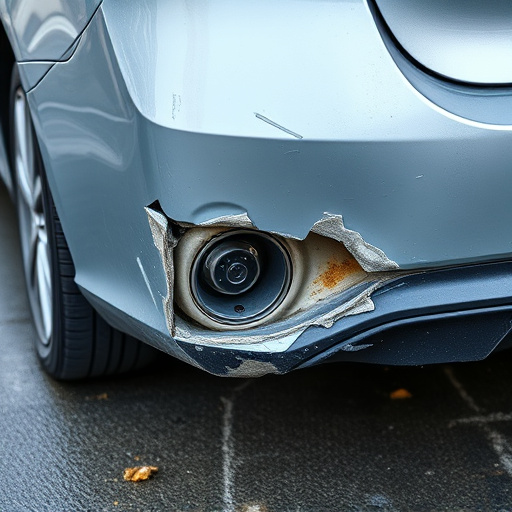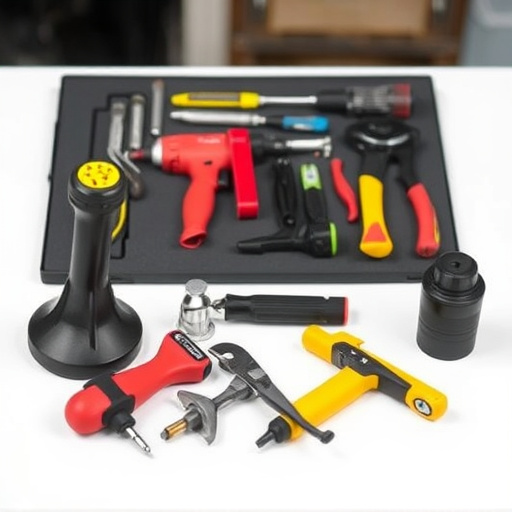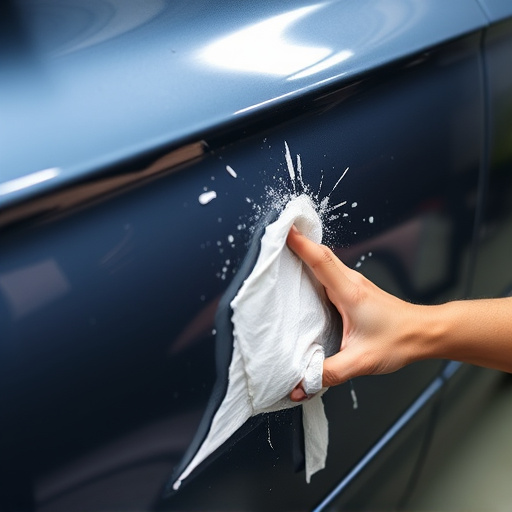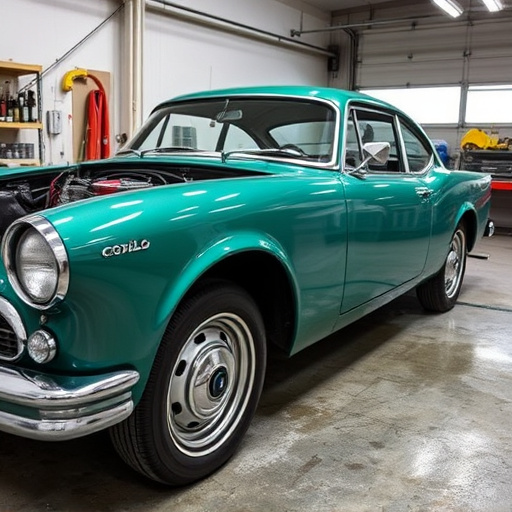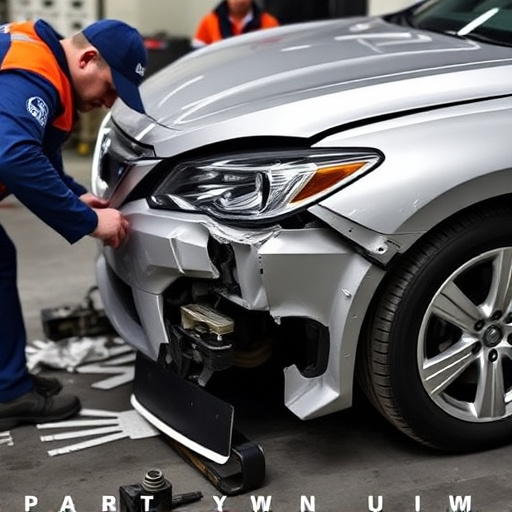Advanced welding techniques, including laser and robotic arc welding, revolutionize automotive industry with unprecedented precision, strength, and versatility in vehicle assembly and repair. These innovations ensure cleaner, stronger joints, enhancing car durability, safety, fuel efficiency, and reducing emissions, aligning with modern eco-conscious consumer preferences.
Advanced welding techniques are revolutionizing vehicle durability, transforming the automotive industry. This article explores how cutting-edge methods like laser and robotic welding enhance structural integrity, surpassing traditional practices. By unlocking unprecedented strength and precision, these techniques contribute to safer, more reliable cars. Discover how modern welding practices improve material fusion, resulting in superior performance and longevity. Embrace the game-changing impact of advanced welding techniques in today’s automotive landscape.
- Advanced Welding Techniques: A Game Changer for Vehicles
- Enhancing Durability: The Role of Modern Welding Practices
- Unlocking Strength: How Tech Revolutionizes Car Construction
Advanced Welding Techniques: A Game Changer for Vehicles
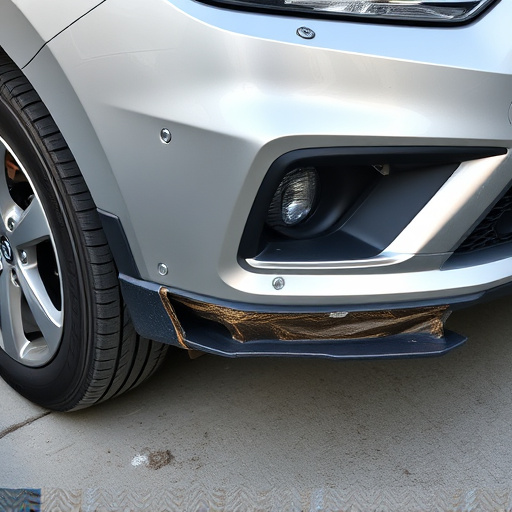
Advanced welding techniques have emerged as a game-changer in the automotive industry, revolutionizing how vehicles are assembled and repaired. These cutting-edge methods go beyond traditional welding practices, offering enhanced precision, strength, and versatility. With advancements such as laser welding and robotic arc welding, manufacturers can achieve intricate joins with minimal heat input, preserving the structural integrity of components often found in modern cars designed for safety and efficiency.
This level of sophistication is particularly beneficial in car collision repair and restoration processes. Advanced welding techniques enable more precise repairs, ensuring that damaged parts are restored to their original specifications. Moreover, these methods facilitate lighter and stronger structures, a critical factor in enhancing vehicle durability while reducing overall weight, contributing to better fuel efficiency and lower emissions—key aspects for modern car repair services catering to eco-conscious consumers.
Enhancing Durability: The Role of Modern Welding Practices
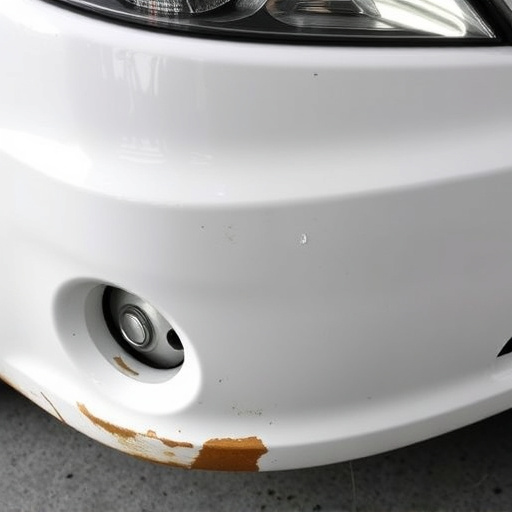
Modern welding practices play a pivotal role in enhancing the durability of vehicles. Advanced welding techniques, such as laser welding and robotic arc welding, offer unparalleled precision and consistency compared to traditional methods. These innovations ensure cleaner and stronger joints, reducing the risk of structural failures over time.
The application of advanced welding techniques in auto body repair contributes significantly to the overall strength and longevity of vehicle bodywork. By minimizing the occurrence of weak spots or defects, these modern practices help cars withstand rigorous conditions, from everyday wear and tear to unexpected accidents. As a result, car owners can expect longer-lasting vehicles with minimal need for frequent repairs, particularly in the form of car scratch repair or extensive auto body repair.
Unlocking Strength: How Tech Revolutionizes Car Construction
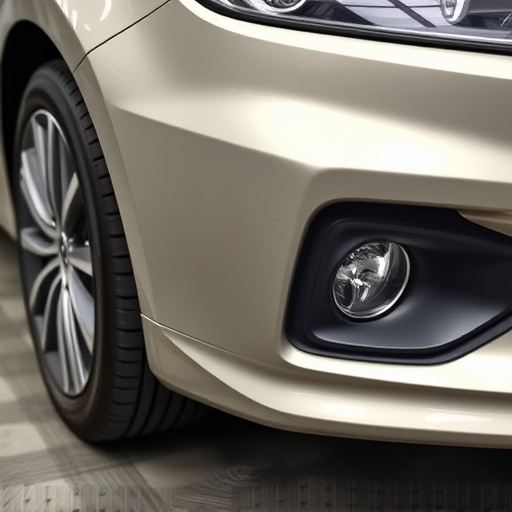
In the realm of automotive engineering, advanced welding techniques are unlocking new levels of strength and durability in car construction. These innovative methods go beyond traditional joining practices, revolutionizing how vehicle bodies are assembled. By employing precise and specialized welding processes, auto manufacturers can create more robust structures, enhancing both structural integrity and overall vehicle lifespan. This is particularly evident in the precision-welding techniques used to join complex components, ensuring a seamless fusion that surpasses the strength of conventional bonding methods.
Advanced welding techniques, such as laser welding and robotic arc welding, offer unparalleled control and accuracy. These technologies enable precise melting and fusing of metals, resulting in stronger bonds that withstand rigorous testing. In the context of auto body services and vehicle bodywork, this translates to improved crash resistance and better energy absorption during impacts. Furthermore, these modern approaches streamline production processes, enabling efficient frame straightening and repair, which is crucial for maintaining the structural integrity of any vehicle after damage or accidents involving vehicle bodywork.
Advanced welding techniques have emerged as a game-changer in vehicle construction, significantly enhancing durability and overall performance. By embracing modern welding practices, car manufacturers can unlock unprecedented strength and efficiency, ensuring vehicles withstand the rigors of today’s roads. These innovative methods, including laser welding and robotically-assisted processes, not only improve structural integrity but also enable lighter designs, contributing to better fuel economy and reduced environmental impact. In summary, advanced welding techniques are a driving force in revolutionizing the automotive industry, setting new standards for durability and sustainability.

